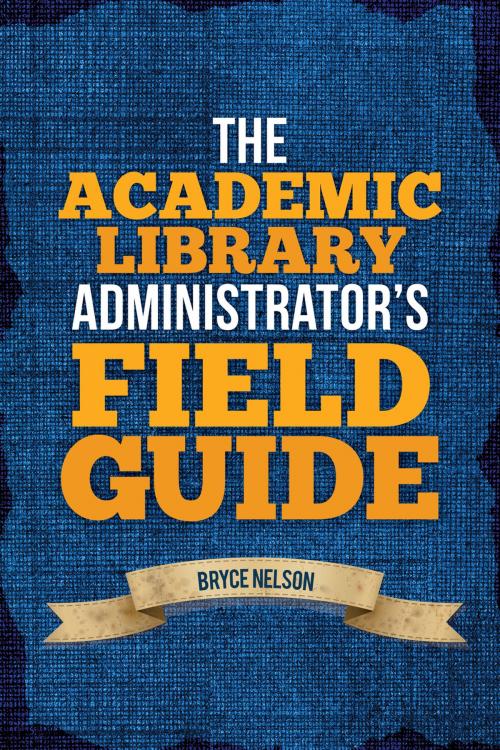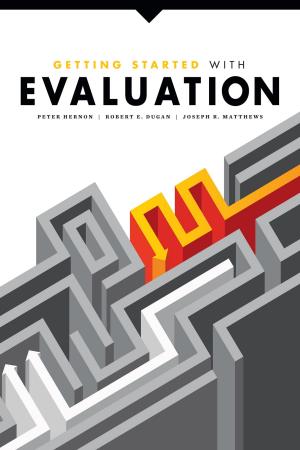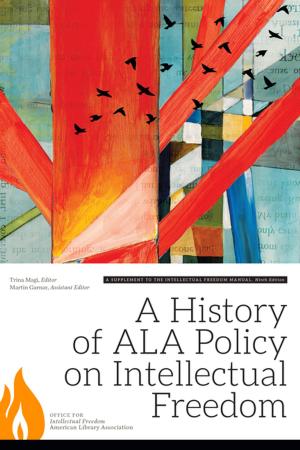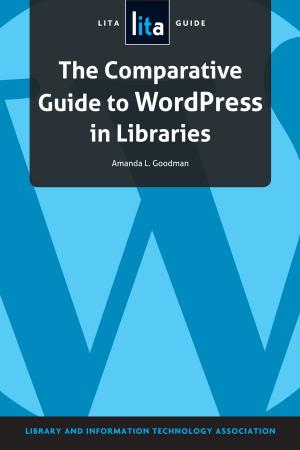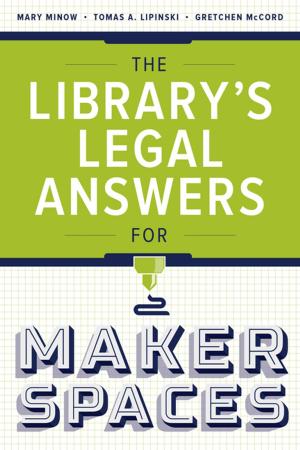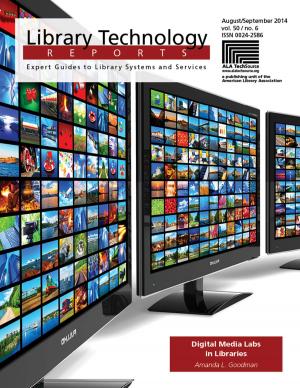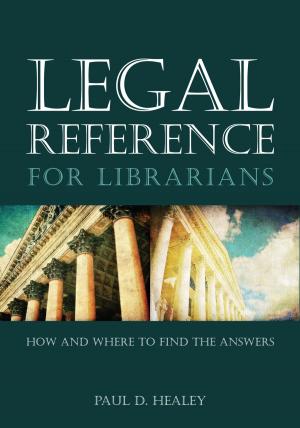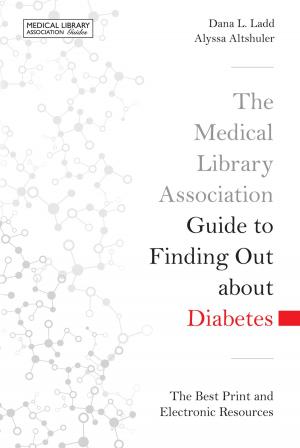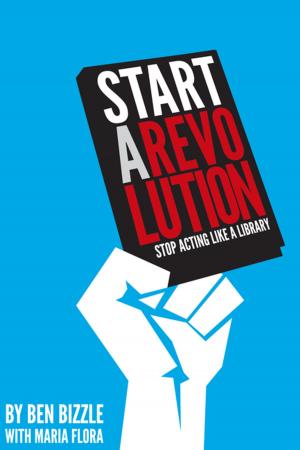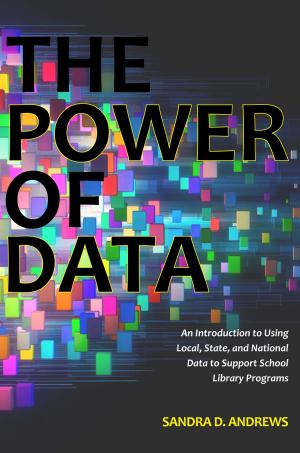The Academic Library Administrator's Field Guide
Nonfiction, Reference & Language, Language Arts, Library & Information Services, Reference| Author: | Bryce Nelson | ISBN: | 9780838912379 |
| Publisher: | American Library Association | Publication: | January 1, 2014 |
| Imprint: | ALA Editions | Language: | English |
| Author: | Bryce Nelson |
| ISBN: | 9780838912379 |
| Publisher: | American Library Association |
| Publication: | January 1, 2014 |
| Imprint: | ALA Editions |
| Language: | English |
The daily administration of an academic library often leaves you needing quick advice on the topic at hand. Nelson, an experienced administrator writing from first-hand knowledge, delivers such advice in 30 topical chapters. Each chapter begins with an “Assertion,” a one-sentence summary allowing you to rapidly scan the book and find what you need. When you’re on the job you can dip into this guide for ready-to-use guidance on the full range of administrator responsibilities, such as How to think and act politically Preparing staff for safety and security procedures Influencing student and faculty's perception of the library as a basic component of education Fostering librarians' professional identity as teachers Communicating effectively, from email messages to meetings Assessment and systematic collection of data Commentary sections in each chapter offer observations and interpretation, with abundant examples of useful advice. If you want to dig further into a topic, a Readings section points you to resources. Packed with insight about the day-to-day operations of the academic library, Nelson's guide will be invaluable to new and experienced administrators alike.
The daily administration of an academic library often leaves you needing quick advice on the topic at hand. Nelson, an experienced administrator writing from first-hand knowledge, delivers such advice in 30 topical chapters. Each chapter begins with an “Assertion,” a one-sentence summary allowing you to rapidly scan the book and find what you need. When you’re on the job you can dip into this guide for ready-to-use guidance on the full range of administrator responsibilities, such as How to think and act politically Preparing staff for safety and security procedures Influencing student and faculty's perception of the library as a basic component of education Fostering librarians' professional identity as teachers Communicating effectively, from email messages to meetings Assessment and systematic collection of data Commentary sections in each chapter offer observations and interpretation, with abundant examples of useful advice. If you want to dig further into a topic, a Readings section points you to resources. Packed with insight about the day-to-day operations of the academic library, Nelson's guide will be invaluable to new and experienced administrators alike.
